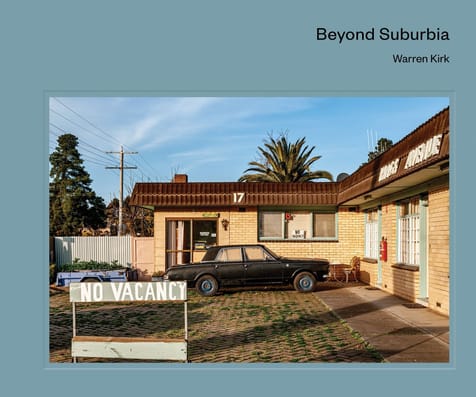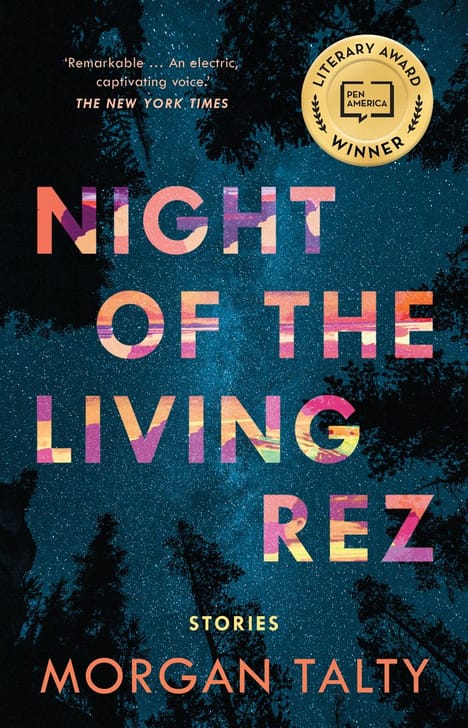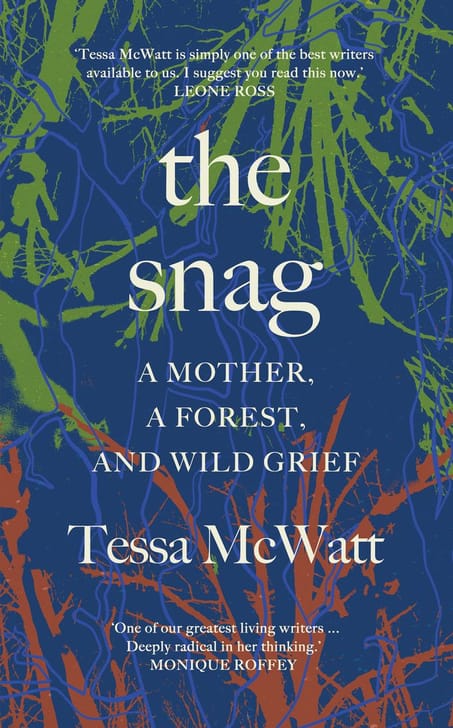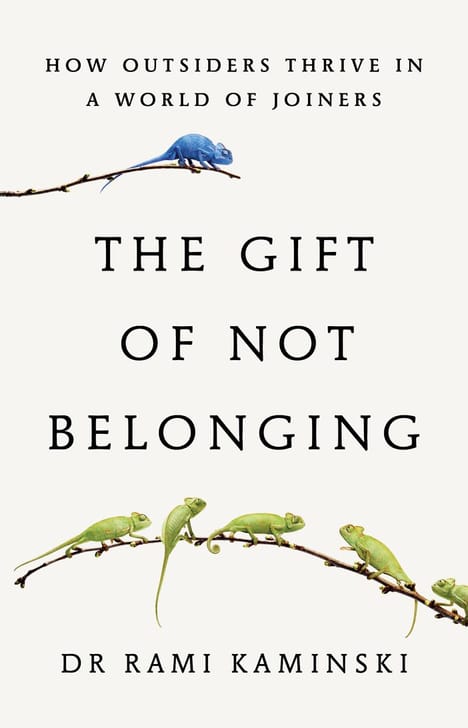
Reading for World Mental Health Day 2022
Related Books

Fever
A multi-award winning Italian debut, from a bold new voice in contemporary queer literature.
Jonathan is 31 years old, living in Milan with his boyfriend of three years and their two Devon Rex cats when, on a day like any other, he gets a fever. But unlike most, this fever doesn’t go away; it's constant, low-level, and exhausting. After spending weeks Googling his symptoms and documenting his illness, he finally sees a doctor. A series of blood tests, anxious visits to hospitals, and repeated misdiagnoses ensue, until his doctor suggests an HIV test, and the truth is finally revealed: Jonathan is HIV-positive.
As Jonathan comes to terms with what this diagnosis will mean for him, his future, and his relationships, he also takes the reader back in time, in search of his history, to the suburbs where he grew up, and from which he feels he has escaped: Rozzano, the ghetto of Milan, and of Italy’s north. In the vein of Edouard Louis and Virginie Despentes, Fever is at once a deeply personal story and a searing examination of class, poverty, prejudice, and opportunity in modern Europe.
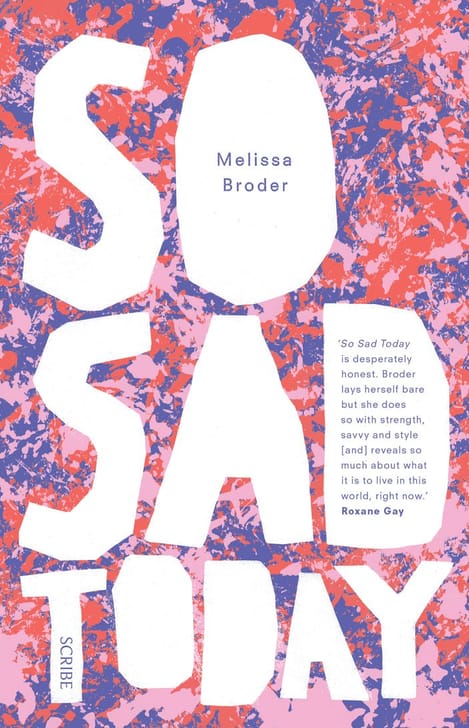
So Sad Today
So sad today? Many are. Melissa Broder is too. How and why did she get to be so sad? And should she stay sad?
She asks herself these questions over and over here, turning them into a darkly mesmerising and strangely uplifting reading experience through coruscating honesty and a total lack of self-deceit.
Sexually confused, a recovering addict, suffering from an eating disorder and marked by one very strange sex fetish: Broder's life is full of extremes. But from her days working for a Tantric nonprofit in San Francisco to caring for a severely ill husband, there's no subject that Broder is afraid to write about, and no shortage of readers who can relate. When she started an anonymous Twitter feed @sosadtoday to express her darkest feelings, her unflinching frankness and twisted humour soon gained a huge cult following.
In its treatment of anxiety, depression, illness, and instability; by its fearless exploration of the author's romantic relationships (romantic is an expanded term in her hands); and with its inventive imagery and deadpan humour, So Sad Today is radical. It is an unapologetic, unblinkingly intimate book that splays out a soul and a prose of unusual beauty.
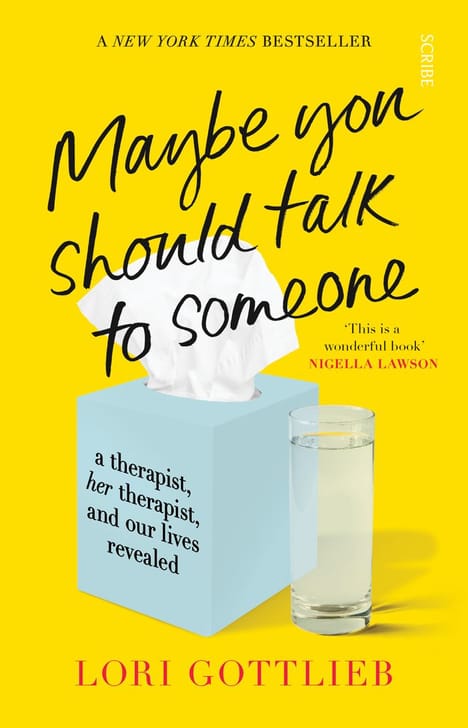
Maybe You Should Talk to Someone
A TIME magazine Must-Read Book of the Year
Ever wonder what your therapist is thinking? Now you can find out, as therapist and New York Times bestselling author Lori Gottlieb takes us behind the scenes of her practice — where her patients are looking for answers (and so is she).
When a personal crisis causes her world to come crashing down, Lori Gottlieb — an experienced therapist with a thriving practice in Los Angeles — is suddenly adrift. Enter Wendell, himself a veteran therapist with an unconventional style, whose sessions with Gottlieb will prove transformative for her.
As Gottlieb explores the inner chambers of her own patients’ lives — a self-absorbed Hollywood producer, a young newlywed diagnosed with a terminal illness, a senior citizen who feels she has nothing to live for, and a self-destructive twenty-something who can’t stop hooking up with the wrong guys — she finds that the questions they are struggling with are the very questions she is bringing to Wendell.
Taking place over one year, and beginning with the devastating event that lands her in Wendell’s office, Maybe You Should Talk to Someone offers a rare and candid insight into a profession that is conventionally bound with rules and secrecy. Told with charm and compassion, vulnerability and humour, it’s also the story of an incredible relationship between two therapists, and a disarmingly funny and illuminating account of our own mysterious inner lives, as well as our power to transform them.
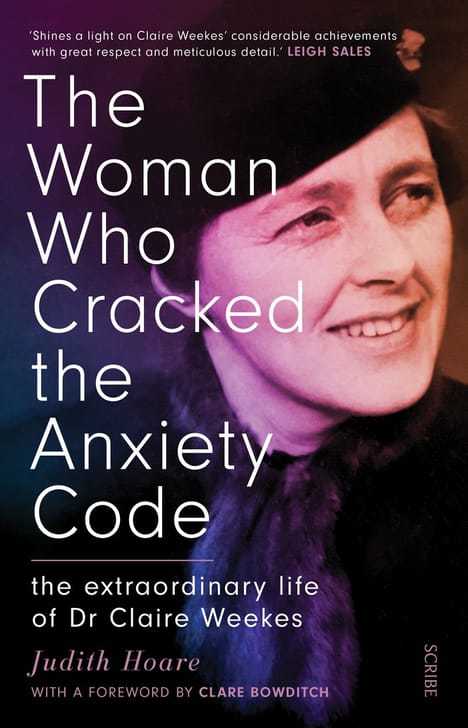
The Woman Who Cracked the Anxiety Code
The true story of the little-known mental-health pioneer who revolutionised how we see the defining problem of our era: anxiety.
Panic, depression, sorrow, guilt, disgrace, obsession, sleeplessness, low confidence, loneliness, agoraphobia … Dr Claire Weekes knew how to treat them, but was dismissed as underqualified and overly populist by the psychiatric establishment. In a radical move, she had gone directly to the people. Her international bestseller Self Help for Your Nerves, first published in 1962 and still in print, helped tens of millions of people to overcome all of these, and continues to do so.
Weekes pioneered an anxiety treatment that is now at the cutting edge of modern psychotherapies. Her early explanation of fear, and its effect on the nervous system, is state of the art. Psychologists use her method, neuroscientists study the interaction between different fear circuits in the brain, and many psychiatrists are revisiting the mind–body connection that was the hallmark of her unique work. Face, accept, float, let time pass: hers was the invisible hand that rewrote the therapeutic manual.
This understanding of the biology of fear could not be more contemporary — ‘acceptance’ is the treatment du jour, and all mental-health professionals explain the phenomenon of fear in the same way she did so many years ago. However, most of them are unaware of the debt they have to a woman whose work has found such a huge public audience. This book is the first to tell that story, and to tell Weekes’ own remarkable tale, of how a mistaken diagnosis of tuberculosis led to heart palpitations, beginning her fascinating journey to a practical treatment for anxiety that put power back in the hands of the individual.
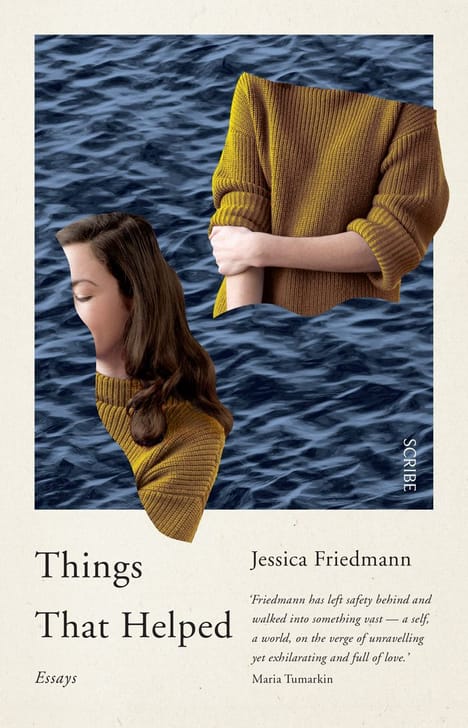
Things That Helped
In this stunning collection, Jessica Friedmann navigates her journey through postpartum depression after the birth of her son. Drawing on critical theory, popular culture, and personal experience, her wide-ranging essays touch on class, race, gender, and sexuality, as well as motherhood, creativity, and mental illness.
Occasionally confronting, but always powerfully moving and beautifully observed, Things That Helped charts Jessica’s return into the world: a slow and complex process of reassembling what depression fractured, and sometimes broke.

